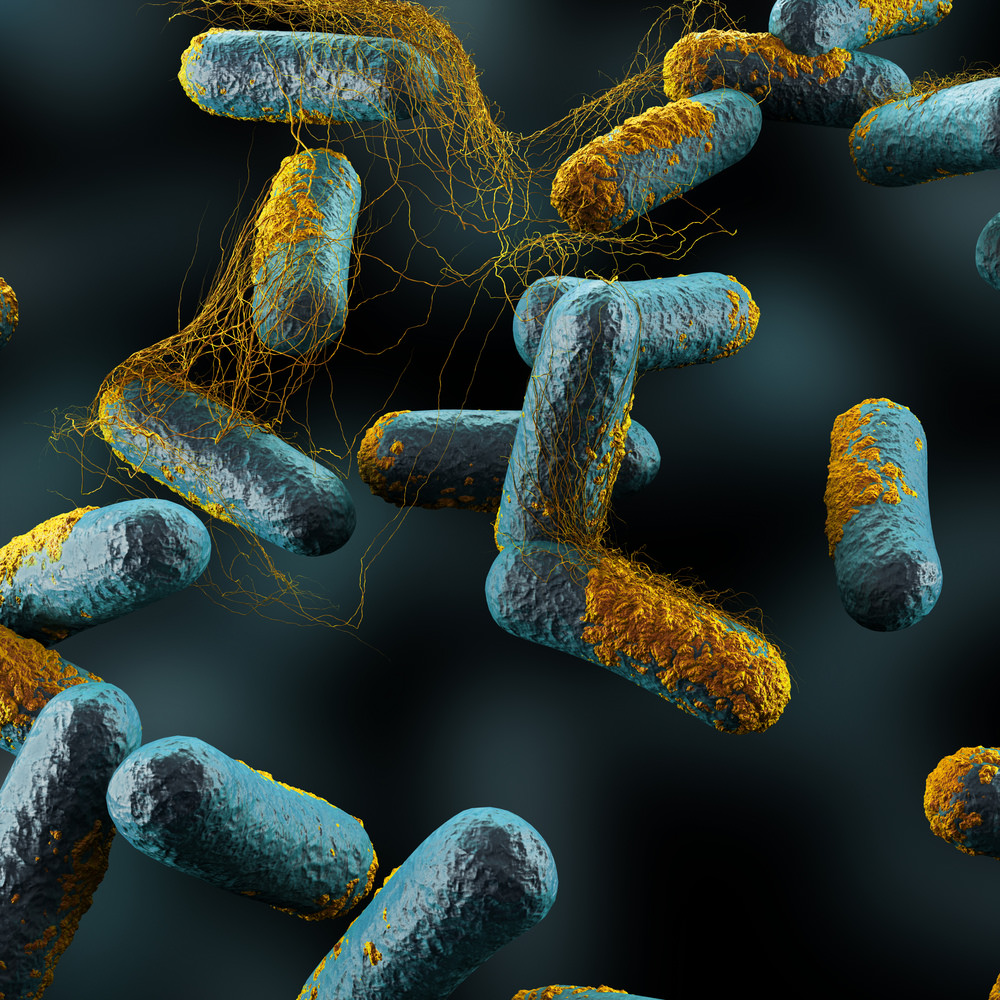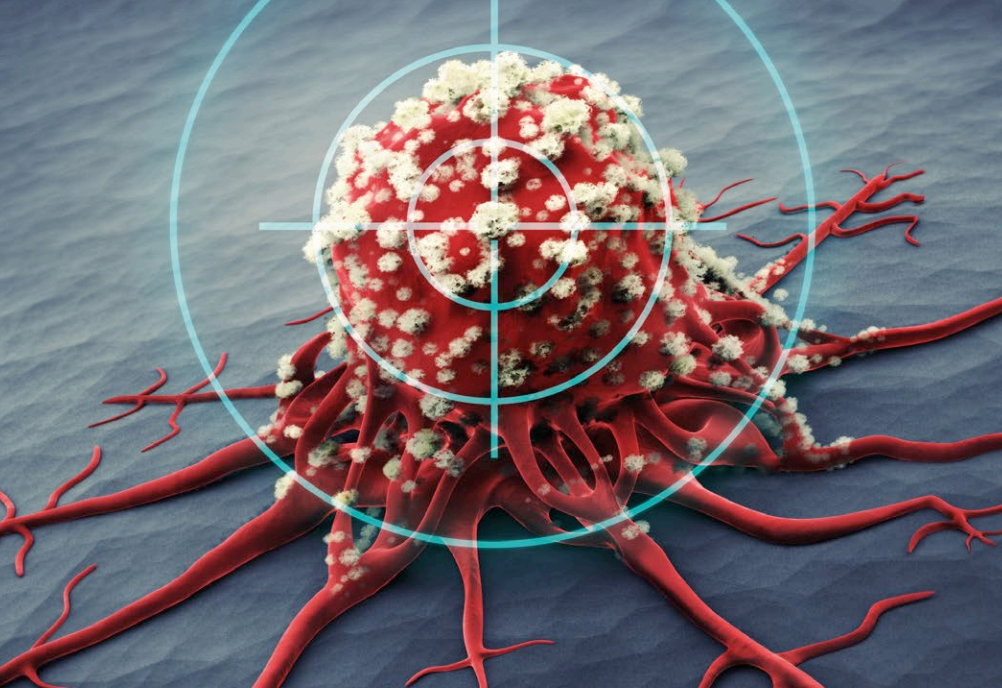Share this Page:
A recent study published in European Urology had shown that the diversity of microbes in the gut is associated with better outcomes in people with metastatic renal cell carcinoma (RCC) who are taking immunotherapy.
There are numerous bacteria and viruses in the gut, called the microbiome. This gut microbiome is increasingly linked to health and disease as well as response to treatment. Earlier studies have shown a link between the gut microbiome and pancreatic cancer and melanoma. A link has also been shown between RCC the gut microbiome and response to immunotherapy in preclinical studies for metastatic RCC.
Thirty-one (31) people with metastatic RCC who were treated with an immune checkpoint inhibitor (nivolimuab (77%) or a combination of nivomumab and ipilimumab) where included in the study. The researchers noted that 58% benefited from treatment. They studied the gut microbiome in these people by collecting stool samples before treatment, and four and 12 weeks into therapy. The researchers compared the gut microbiome composition at three points during therapy. The patients were instructed not to consume any yogurt or other sources of supplemental probiotics.
The researchers found that greater diversity in the gut microbiome was linked to better outcomes with checkpoint inhibitor therapy, specifically those with a bacterium called Akkermansia muciniphila. Levels of Akkermansia muciniphila were lower in people who did not benefit from immunotherapy. The researchers suggest that modulating the gut microbiome during immunotherapy might have an impact on outcomes.
Read more in European Urology here
Read more about the link between gut microbiome and cancer immunotherapy here













